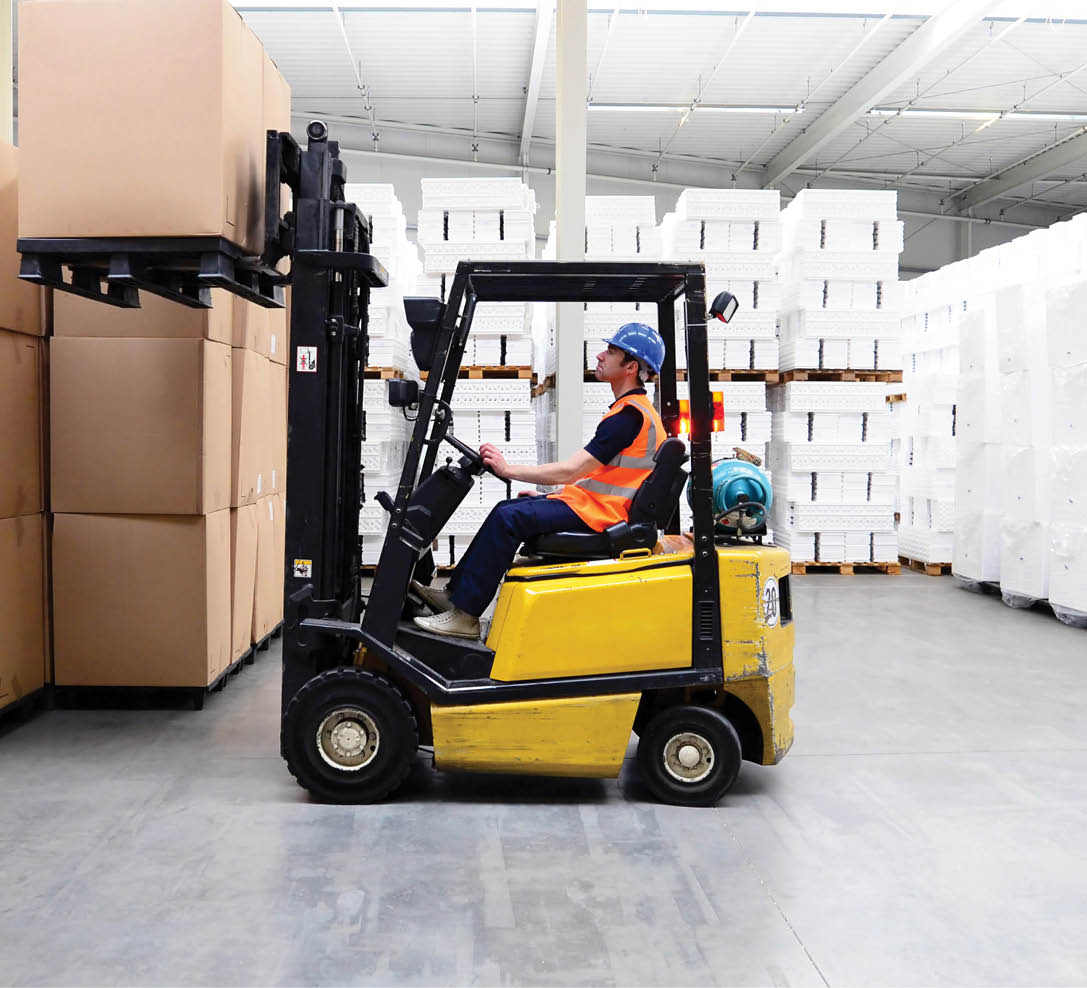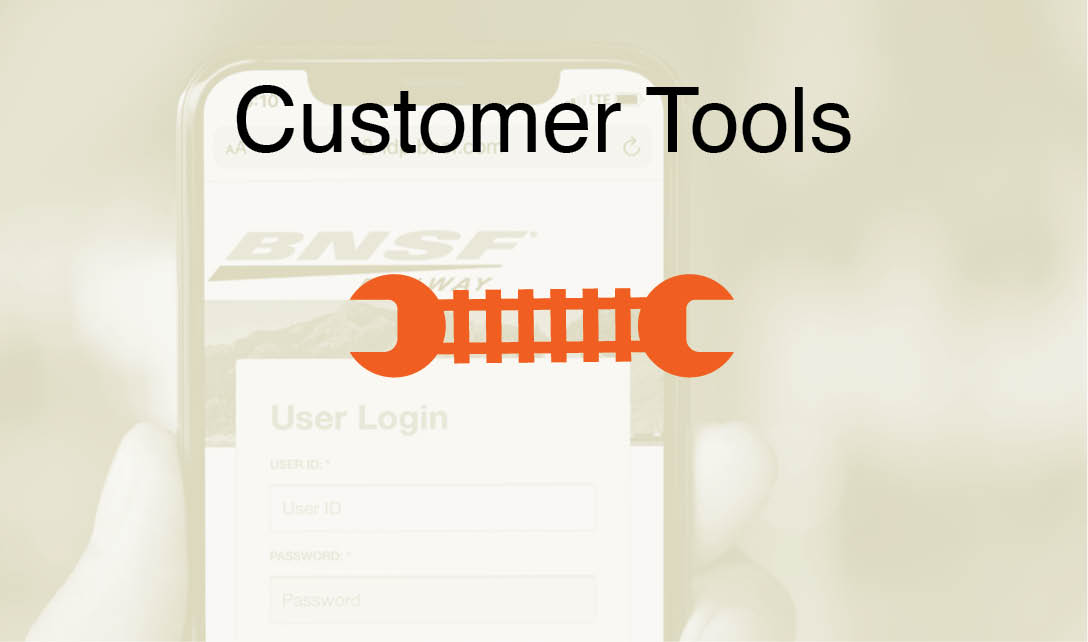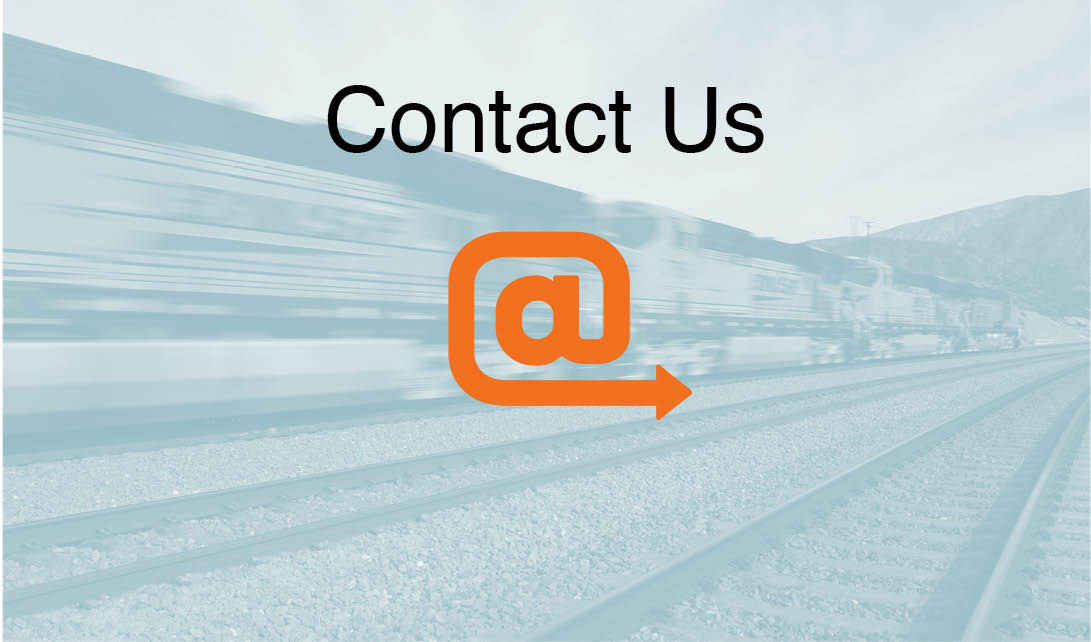Rail is often the most economical way to ship, but what if your facility isn’t rail-served? Transload combines the advantages of trucking and rail.
 How it Works
How it Works

THE TRANSLOAD JOURNEY:
 Shipment taken from its origin by truck to a transload facility
Shipment taken from its origin by truck to a transload facility
 Shipment loaded onto a railcar
Shipment loaded onto a railcar
 Shipment taken by rail to a transload facility near its destination
Shipment taken by rail to a transload facility near its destination
 Shipment unloaded from the railcar
Shipment unloaded from the railcar
 Shipment taken to its final destination by truck
Shipment taken to its final destination by truck
Combining these methods of transportation offers shippers cost savings, flexibility and the opportunity to expand business and market reach.
 What Can Be Transloaded
What Can Be Transloaded
![]() Dry Bulk: plastics, minerals, aggregates, manufactured products, grains
Dry Bulk: plastics, minerals, aggregates, manufactured products, grains
![]() Liquid Bulk: chemicals, fertilizer, fuels, ethanol, LPG, oils
Liquid Bulk: chemicals, fertilizer, fuels, ethanol, LPG, oils
![]() Dimensional: transformers, wind blades, panel products, lumber, steel, government and heavy machinery
Dimensional: transformers, wind blades, panel products, lumber, steel, government and heavy machinery
![]() Food Grade: Frozen foods, perishables
Food Grade: Frozen foods, perishables
![]() Warehouse Commodities: Food and beverage, printing paper, household products
Warehouse Commodities: Food and beverage, printing paper, household products
 What Types of Facilities?
What Types of Facilities?
DIMENSIONAL
A facility used for transloading long products such as lumber, steel, rebar and machinery. The most common railcar types used are flatcars, gondolas and centerbeams.
WAREHOUSE
A building with rail unloading capability. Most warehouses specialize in products shipped in boxcars. Some lumber products such as Oriented Strand Board (OSB), plywood and particle board are also transloaded at warehouses.
BULK
A facility where dry and liquid products can be transferred from covered hopper cars or tank cars. Products frequently transloaded at bulk facilities include plastic pellets, flour, minerals, cement, acids and ethanol.
BNSF Transload Services
With access to over 400 facilities across our network, BNSF Transload Services enables businesses to take advantage of rail’s cost savings and efficiencies even if the freight delivery destination isn’t located on rail.

 Find a Transloader
Find a Transloader
Our network of premier transloaders offers many services including cross docking, storage and forward storing, load consolidation and inventory management.

Find a BNSF Premier Transloader
using geographic and other criteria
Online BNSF Premier Transload Directory
To learn more about how a BNSF Premier Transloader can work for you, Connect with BNSF .
 Transload Resources
Transload Resources
Interested in becoming a BNSF Transloader? Register your facility in BNSF’s database.


